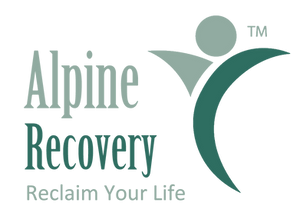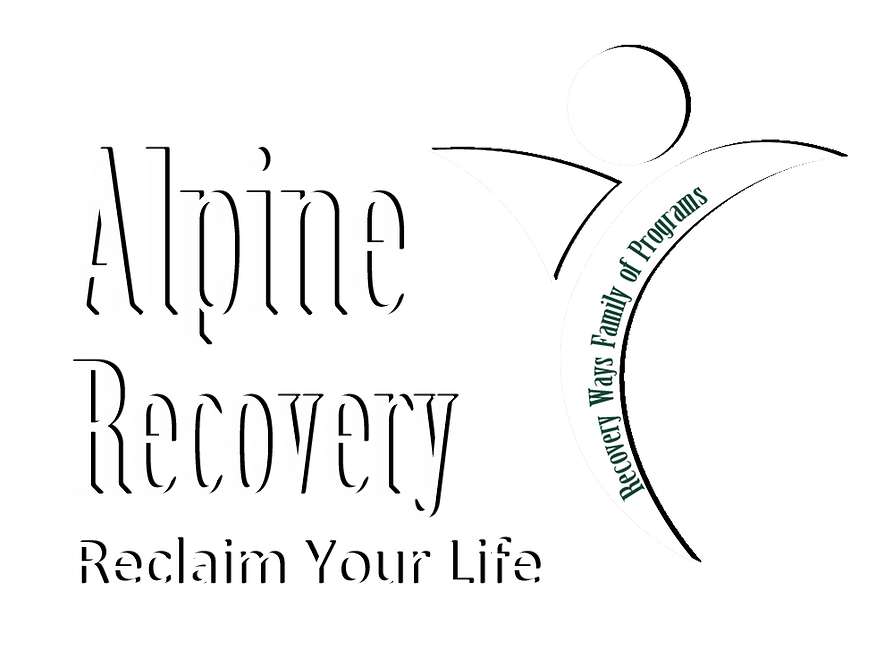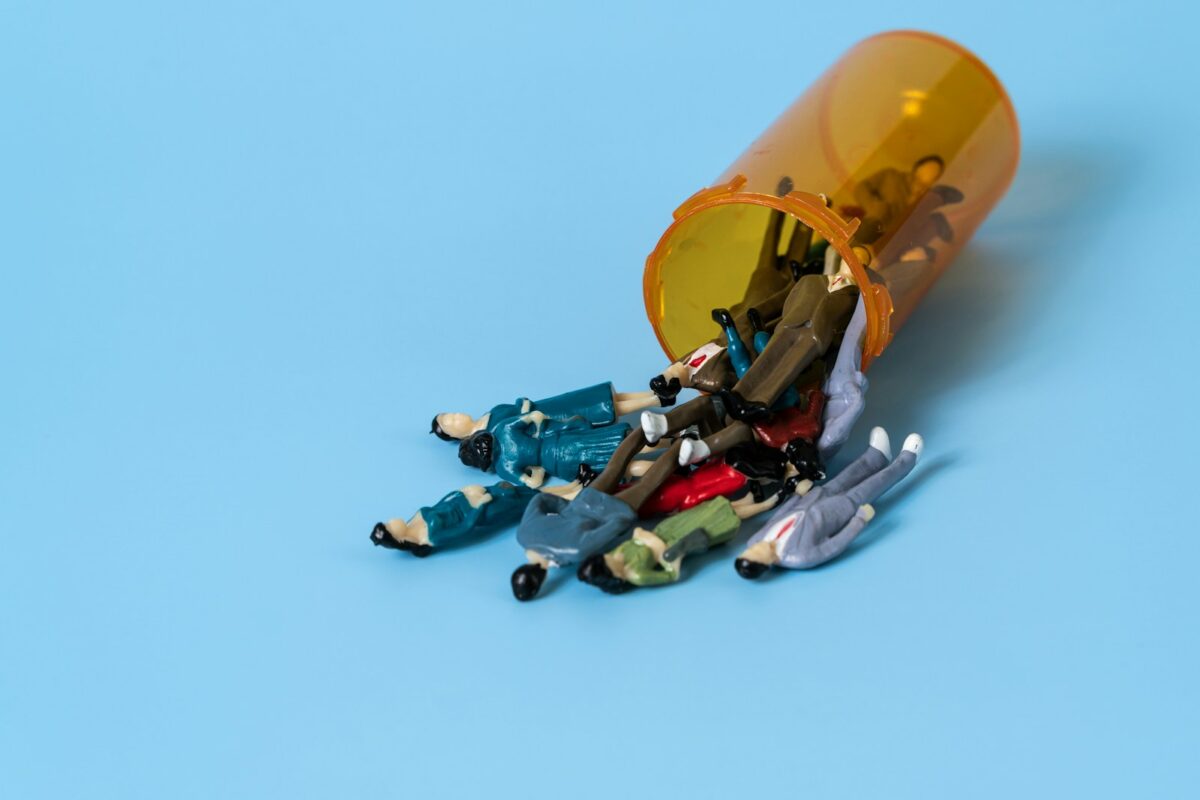A Look into Drug Rehab in Stanwood WA
For individuals and families facing the devastating impact of substance use, the decision to seek treatment can be one of the most life-changing steps toward healing. In the peaceful town of Stanwood, Washington, residents have access to a variety of high-quality recovery services that can make a significant difference in the journey toward lasting sobriety. Choosing the right drug rehab in Stanwood WA involves understanding the available programs, therapeutic interventions, and support systems that work together to help people reclaim their lives. Whether someone is struggling with alcohol, meth, cocaine, or opioids, professional treatment centers in Stanwood are equipped to provide personalized care designed to meet each person where they are. In this blog, we’ll explore the full spectrum of services offered by drug rehab in Stanwood WA, including key elements like assessment services, intensive outpatient programs, partial hospitalization programs, and relapse prevention support. We’ll also discuss how family support, moral reconation therapy, and positive lifestyle reinforcement play critical roles in long-term success.
Understanding Substance Use: Alcohol, Meth, Cocaine, and Opioid Addiction
Before exploring treatment options, it’s crucial to understand the nature of the substances commonly treated in drug rehab in Stanwood WA.
Alcohol is one of the most widely used and socially accepted substances, but it’s also one of the most dangerous when misused. Prolonged alcohol abuse can lead to serious health complications such as liver disease, cardiovascular problems, mental health issues, and interpersonal breakdowns. Individuals battling alcohol addiction often require structured behavioral therapies, support groups, and ongoing counseling to maintain sobriety. Programs in Stanwood offer evidence-based approaches for managing cravings, reshaping thought patterns, and building accountability.
Meth is a powerful stimulant that alters brain chemistry, often resulting in aggressive behavior, paranoia, and severe physical deterioration. Long-term meth use can devastate every aspect of a person’s life. At drug rehab in Stanwood WA, treatment for meth addiction typically includes cognitive-behavioral therapy, social support programs, and life skills education to help individuals regain emotional control and repair damaged relationships.
Cocaine is a fast-acting stimulant with high potential for psychological dependence. The euphoric effects are short-lived, leading users to engage in frequent and risky patterns of use. Rehab centers in Stanwood are skilled at helping clients work through the intense psychological dependency that accompanies cocaine addiction. Clients benefit from individual therapy, group sessions, and moral reconation therapy to reinforce decision-making skills and ethical thinking.
Opioids—including prescription painkillers, heroin, and synthetic drugs like fentanyl—are among the most dangerous substances due to their powerful physical dependency. The opioid crisis has touched countless lives across the U.S., and Stanwood is no exception. Fortunately, drug rehab in Stanwood WA provides a wide range of recovery programs tailored to individuals recovering from opioid use. These include structured day programs, relapse prevention strategies, and continuing care options to help individuals reintegrate into everyday life.
Comprehensive Assessment Services
Effective treatment starts with a detailed understanding of a person’s substance use history, co-occurring mental health conditions, and life circumstances. Drug rehab in Stanwood WA places a strong emphasis on comprehensive assessment services to ensure that each client receives a personalized care plan. Key Components of Assessment Services:
• Substance Use History Review: A comprehensive evaluation that examines the type of substances used, the frequency of use, the duration of use, and any patterns or behaviors associated with substance consumption. This review helps to better understand the individual’s history and its potential impact on their overall well-being.
• Mental Health Screening: Helps identify co-occurring disorders such as anxiety, depression, PTSD, or bipolar disorder, which may impact overall well-being and require tailored treatment approaches for effective recovery.
• Family & Social Assessment: Evaluates the individual’s support systems, including family dynamics, relationships, and community connections, as well as their home environment to determine how these factors influence their overall well-being and ability to thrive.
• Medical Evaluation: A thorough assessment designed to identify any physical health concerns that may require attention alongside other treatments or interventions, ensuring a holistic approach to overall well-being.
• Readiness for Change: Assesses an individual’s motivation and willingness to adopt new behaviors or strategies, allowing interventions to be customized to their specific stage of change and needs.
Through these in-depth assessments, treatment professionals can identify the most appropriate level of care and therapeutic approach for each individual, ensuring the best chance for long-term success.
Intensive Outpatient Program (IOP)
An Intensive Outpatient Program, or IOP, is often recommended for individuals who have achieved some stability and are ready to continue recovery while maintaining responsibilities at work, school, or home. At drug rehab in Stanwood WA, IOP services are structured yet flexible, offering a strong support network without the need for full-time residential care. Core Elements of IOP:
•3-5 Days of Weekly Sessions: Typically includes 3 hours per session focused on skill-building and therapy.
•Individual Counseling: Personal sessions with licensed therapists to explore core issues and set recovery goals.
•Group Therapy: A supportive space to connect with others and learn from shared experiences.
•Life Skills Development: Teaches communication, stress management, and healthy coping mechanisms.
•Family Involvement: Encourages loved ones to participate in therapy and education sessions.
IOPs are ideal for clients transitioning from higher levels of care or those needing structured support without 24-hour supervision. Many individuals find that IOP is the bridge they need between early recovery and long-term stability.
Partial Hospitalization Program (PHP)
For individuals who require more intensive support than an outpatient program but do not need residential care, Partial Hospitalization Programs offer a powerful middle ground. PHPs at drug rehab in Stanwood WA typically involve day-long sessions five to seven days a week, providing a deep dive into healing both mind and body. Benefits of PHP:
•Daily Therapeutic Activities: Including group sessions, trauma-informed therapy, and holistic wellness education.
•Structured Environment: Clients attend treatment during the day and return home in the evenings.
•Crisis Support: Immediate help for individuals facing emotional or psychological distress.
•Focused Care Plans: Tailored to meet complex needs, including dual diagnosis treatment.
•Peer Support: Interaction with others who understand the challenges of early recovery.
PHPs provide a solid framework for healing, often serving as the first step in structured recovery for those emerging from crisis or relapse.
Moral Reconation Therapy (MRT)
A powerful component of many recovery programs in Stanwood, Moral Reconation Therapy is designed to help individuals develop better decision-making skills, personal accountability, and a stronger moral framework. Originally developed for individuals in the criminal justice system, MRT has been proven effective for people struggling with addiction. How MRT Supports Recovery:
•Focus on Ethical Growth: Encourages honesty, trust, and responsible behavior.
•Structured Workbook Approach: Guides individuals through a step-by-step process of moral development.
•Reduces Risk of Relapse or Criminal Behavior: By addressing thought patterns that lead to poor choices.
•Improves Interpersonal Relationships: Helps individuals repair trust with family and peers.
MRT is often used in combination with other therapies to create a more holistic and transformative treatment experience.

Family Support and Involvement
Family involvement is one of the most crucial predictors of recovery success. Addiction often affects not only the individual but their entire support system. The best drug rehab in Stanwood WA centers offer comprehensive family support programs that help rebuild trust and create a healthier home dynamic. Family Support Services May Include:
•Family Counseling Sessions: Addressing communication breakdowns and co-dependency.
•Educational Workshops: Helping families understand addiction as a disease, not a moral failing.
•Boundary-Setting Guidance: Teaching family members how to support recovery without enabling.
•Support Groups for Loved Ones: Providing a space to share struggles and build resilience.
Families that engage in the recovery process often feel more empowered, supported, and connected—key ingredients in long-term healing for everyone involved.
Relapse Prevention Strategies
Recovery is a lifelong process, and relapses can happen. However, with proper planning and support, they can be minimized or even prevented. At drug rehab in Stanwood WA, relapse prevention is a foundational aspect of every treatment plan. Relapse Prevention Tools Include:
• Trigger Identification: Assisting clients in identifying specific people, places, situations, or emotions that could increase their risk of relapse. This process helps build awareness and equips clients with the tools to navigate these triggers effectively.
• Coping Strategies: Offering practical tools and techniques to manage stress, overcome cravings, and navigate emotional setbacks, ensuring individuals feel supported and empowered during challenging times.
• Daily Recovery Planning: Encouraging structured routines and goal setting to promote consistency, focus, and a clear roadmap for progress in achieving recovery milestones.
• Emergency Plans: Clear, actionable steps to follow in case of a crisis or high-risk situation, outlining procedures to ensure safety, minimize risks, and provide guidance for effective response.
• Sober Support Networks: Providing ongoing connection to peer groups, sponsors, and recovery communities to foster accountability, shared experiences, and encouragement throughout the sobriety journey.
By normalizing discussions about relapse and preparing clients with actionable strategies, treatment centers reduce stigma and empower individuals to respond effectively to challenges.
Continuing Care and Long-Term Support
The journey doesn’t end at the completion of a program. Drug rehab in Stanwood WA offers continuing care services that help clients stay on track as they transition back into daily life. Continuing Care Services May Include:
•Alumni Programs: Monthly meet-ups, check-ins, and events to stay connected.
•Ongoing Therapy: Weekly or bi-weekly sessions with counselors or psychologists.
•Peer Support Groups: 12-Step meetings, SMART Recovery, or other sober community options.
•Reintegration Planning: Helping clients navigate employment, finances, and social life in sobriety.
By staying engaged with these services, individuals can maintain momentum and avoid feeling isolated after formal treatment ends.
Conclusion: Building a Brighter Future with Drug Rehab in Stanwood WA
Recovery is not a one-size-fits-all journey. It requires commitment, professional guidance, and an environment of compassion and support. Thankfully, the resources available through drug rehab in Stanwood WA are diverse, evidence-based, and deeply rooted in community care. From initial assessment services to intensive outpatient programs, from family support to moral reconation therapy, each aspect of treatment is designed to support the whole person. Whether someone is battling alcohol, meth, cocaine, or opioid addiction, the right rehab center in Stanwood can offer the tools and encouragement needed for lifelong change. Choosing the best path starts with taking the first step. If you or a loved one is struggling with substance use, consider reaching out to us today by calling 1 (360) 658-1388 or visiting our website. A future free from addiction is possible—and it starts now.



